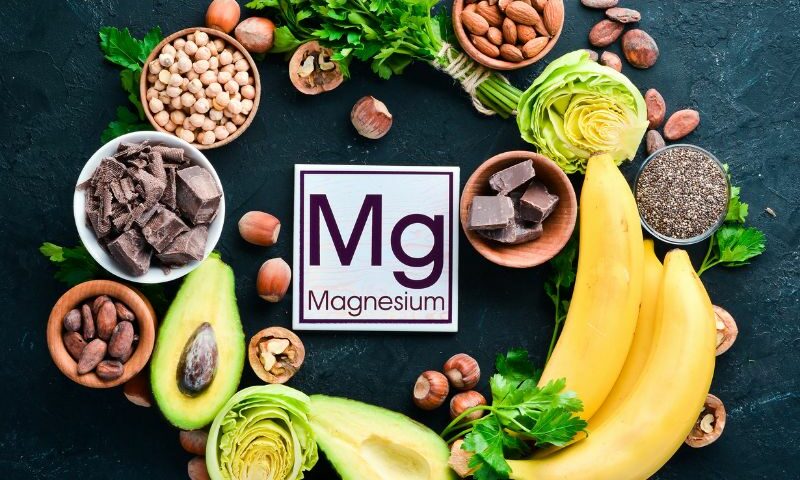Ever wondered how essential minerals like magnesium impact your overall health?
Recent research reveals a strong connection between magnesium levels and the risk of metabolic syndrome.
In this post, we’ll explore how magnesium depletion can affect your metabolic health and why it’s crucial to maintain adequate magnesium levels.
Ready to learn more about this vital nutrient and its role in your well-being? Keep reading!
The Study on Magnesium and Metabolic Syndrome
A recent study examined the relationship between magnesium status and metabolic syndrome among US adults. Researchers analyzed data from over 15,000 participants in the National Health and Nutrition Examination Survey (NHANES) from 2003 to 2018. Participants were given a “magnesium depletion score” (MDS) to predict their magnesium deficiency status, considering factors affecting the kidneys’ ability to reabsorb magnesium.
What they found
The study found a significant association between higher MDS and an increased risk of metabolic syndrome. Specifically, each unit increase in MDS was linked to a 30% higher risk of developing metabolic syndrome, even after adjusting for various confounding factors. This positive correlation remained consistent across different age, gender, race, and lifestyle groups.
Why Magnesium Matters
Magnesium is involved in hundreds of enzymatic reactions in the body, playing a critical role in muscle function, nerve transmission, and maintaining a healthy immune system.
Good food sources of magnesium include nuts, seeds, and green leafy vegetables. Ensuring adequate magnesium intake can help support metabolic health and reduce the risk of metabolic syndrome.

Practical Tips to Boost Magnesium Intake
1.Eat Magnesium-Rich Foods:
Incorporate nuts, seeds, and green leafy vegetables into your diet.
2.Consider Supplements:
If you struggle to get enough magnesium from food, supplements can be a helpful option.
3.Stay Hydrated:
Proper hydration supports kidney function and magnesium reabsorption.
4.Limit Processed Foods:
Processed foods often lack essential nutrients, including magnesium.
Inspired to learn more about how essential nutrients can improve your health?
Follow us for more tips and insights on living a healthier, longer life. Join our community of empowered individuals and stay informed about the latest health research and practical wellness advice.
Reference:
Wang, X. et al (2023). Magnesium Depletion Score and Metabolic Syndrome in US Adults: Analysis of NHANES 2003-2018. BMC Public Health, 23, 1148. https://doi.org/10.1210/clinem/dgae075
Posted by Dr. Onna Lo MD June 2024



